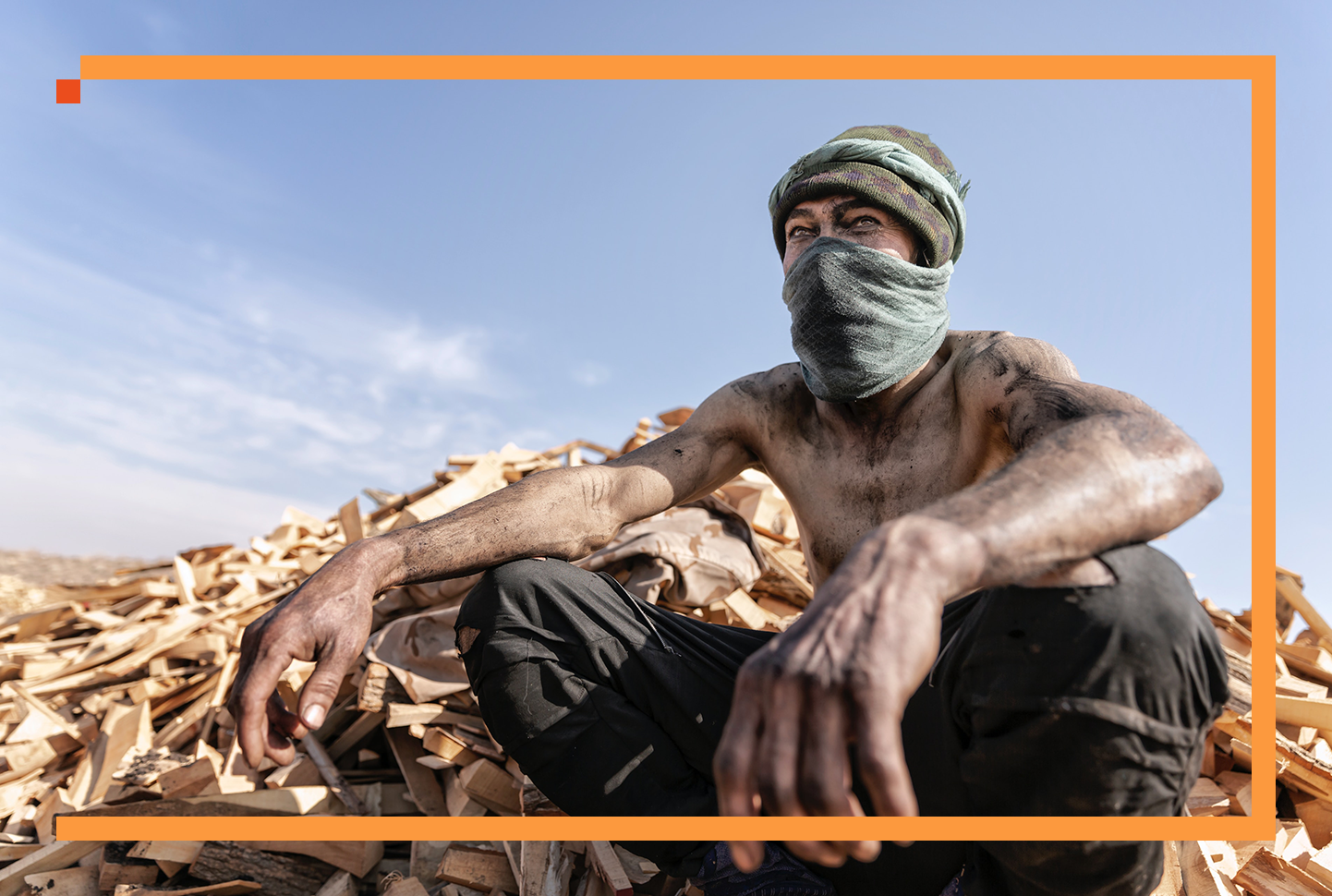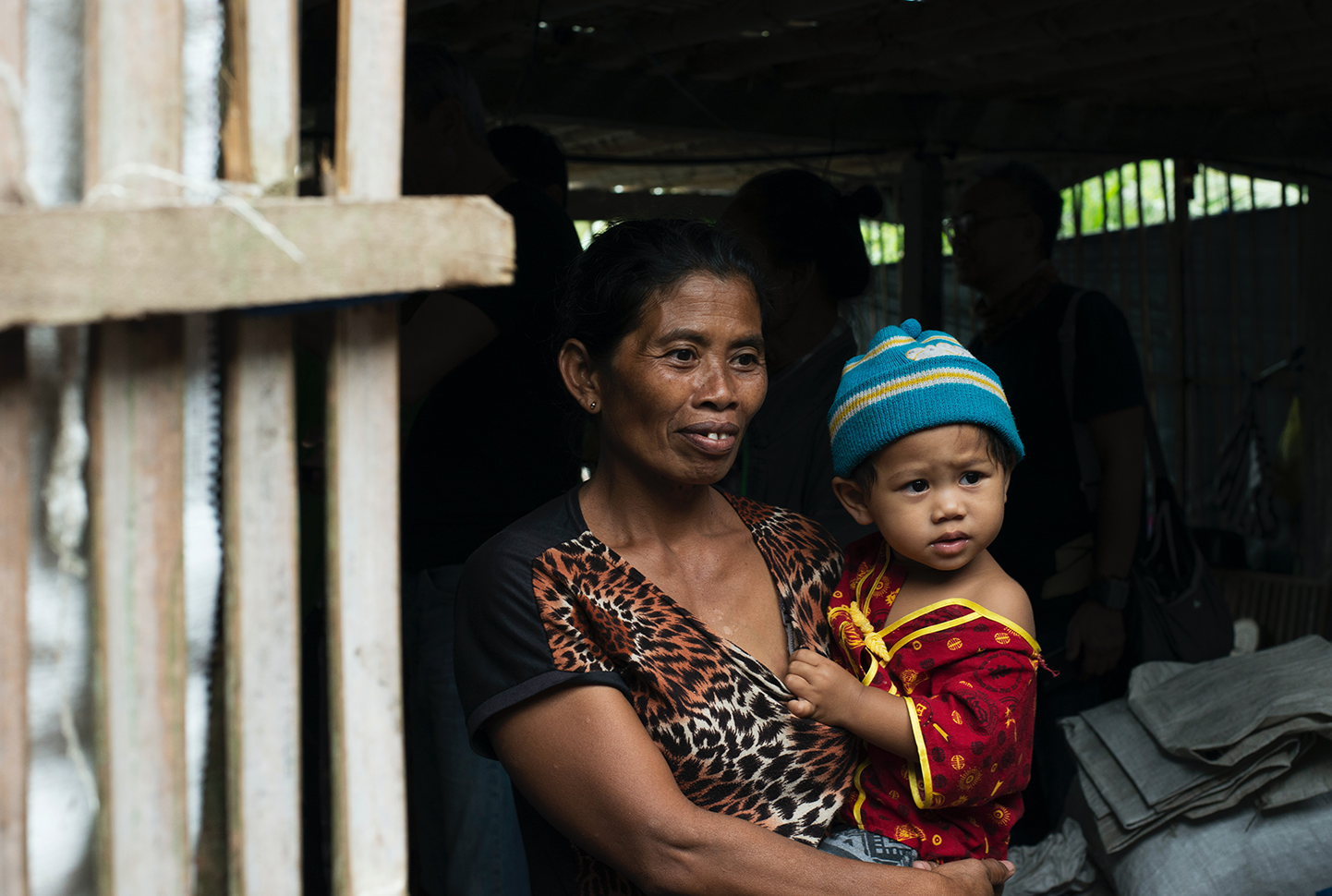We will complement and amplify existing international collaborations on modern slavery and human trafficking.

The Commission aims to help eradicate modern slavery and human trafficking in three ways:
We provide high-level
political leadership.
An inclusive Global Commission that brings together influential figures of renown from politics, civil society, business and research can restore lost political momentum and catalyse action by states and other stakeholders.
We build the evidence
and knowledge base.
We help ensure that global efforts on modern slavery and human trafficking are better connected to the production of research and evidence, so that modern slavery laws, policies and practices are fully informed by the best research into the drivers of modern slavery and the best analysis as to what works.
We promote and
facilitate international
collaborations.
We promote and facilitate international collaborations and partnerships between states, multilateral organisations, civil society, business, researchers and people with lived experience, as well as between the global, regional and national levels. We aim to complement and amplify existing collaborative efforts.
The Commission focuses on:
- Tackling forced labour in supply chains
- Effective national implementation by states of their international commitments
- More effective engagement of civil society in crisis contexts
The Commission has a diverse global membership and leadership, with strong representation from both the Global South and the Global North. It operates independently from any government or international organisation and actively seeks fresh voices from outside the modern slavery sector.
The Commission's work is divided into two phases. The Commission is currently in the first phase which will culminate in a flagship report to be published in 2025. This report will provide detailed recommendations and an action plan to states, international organisations, and other stakeholders on how to reverse the recent significant increase in modern slavery. The second phase focuses on implementation, where the Commission will work to put these recommendations into practice.
The Commission complements and amplifies existing international collaborations on modern slavery and human trafficking to maximise their political impact. It achieves this by partnering with other key actors in the field, including GFEMS, Alliance 8.7, and ICAT, and by working to reduce obstacles to international collaboration.
